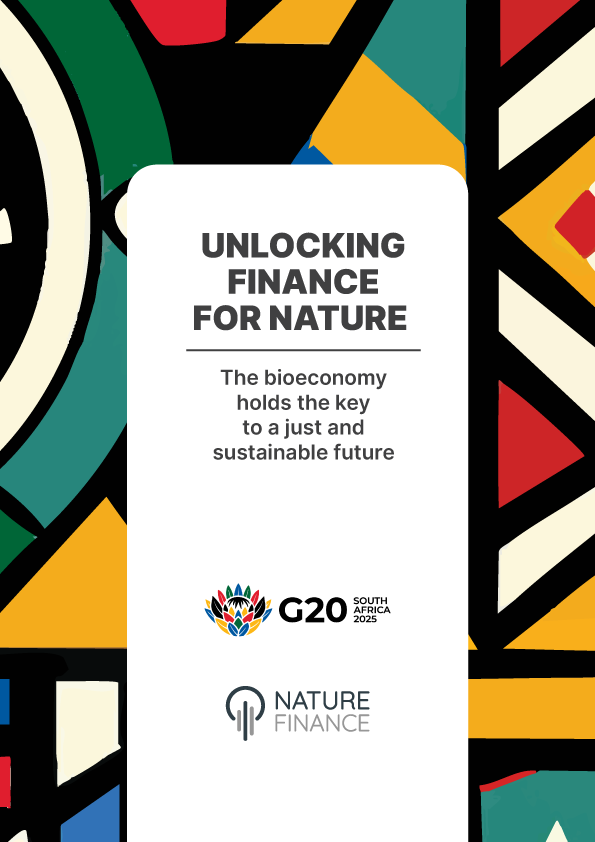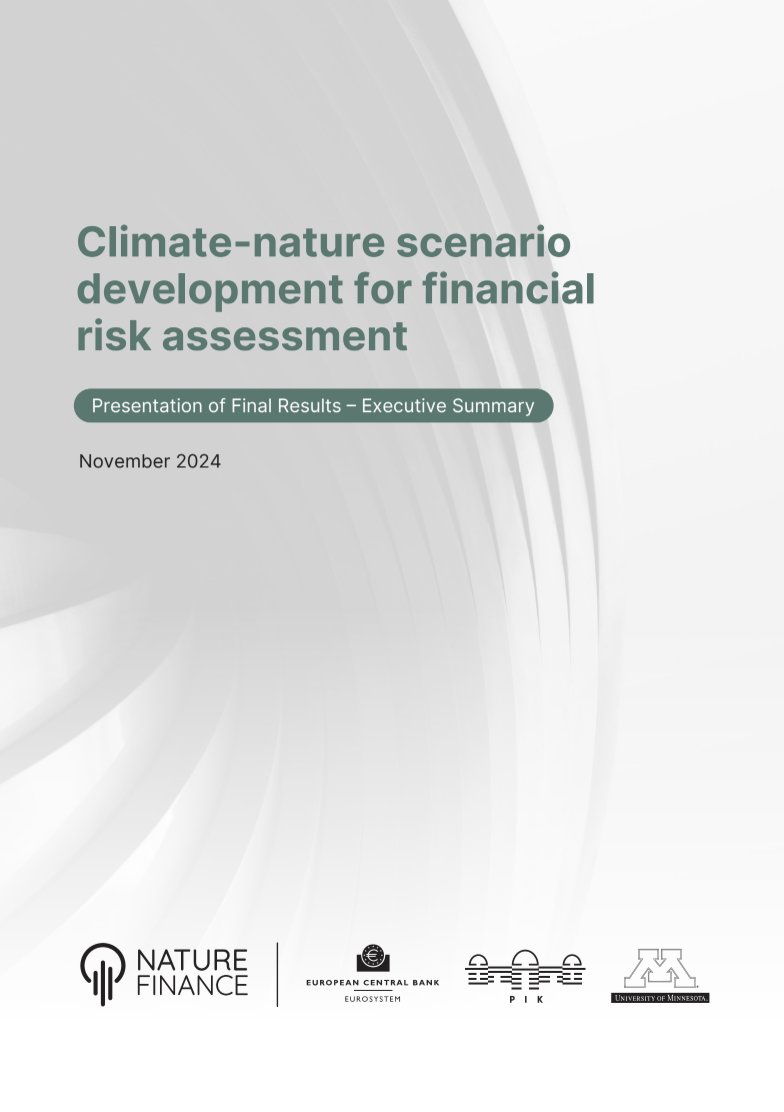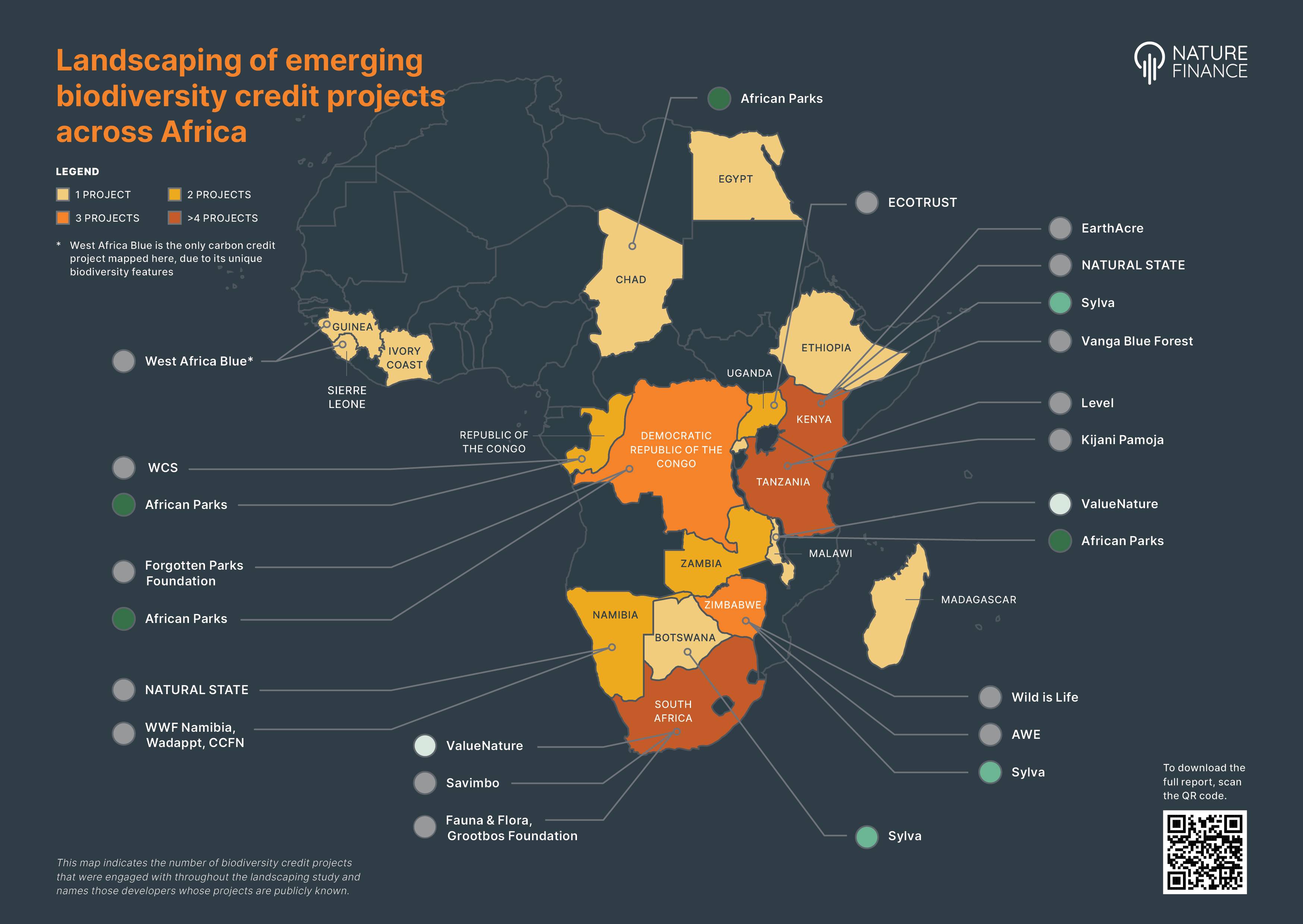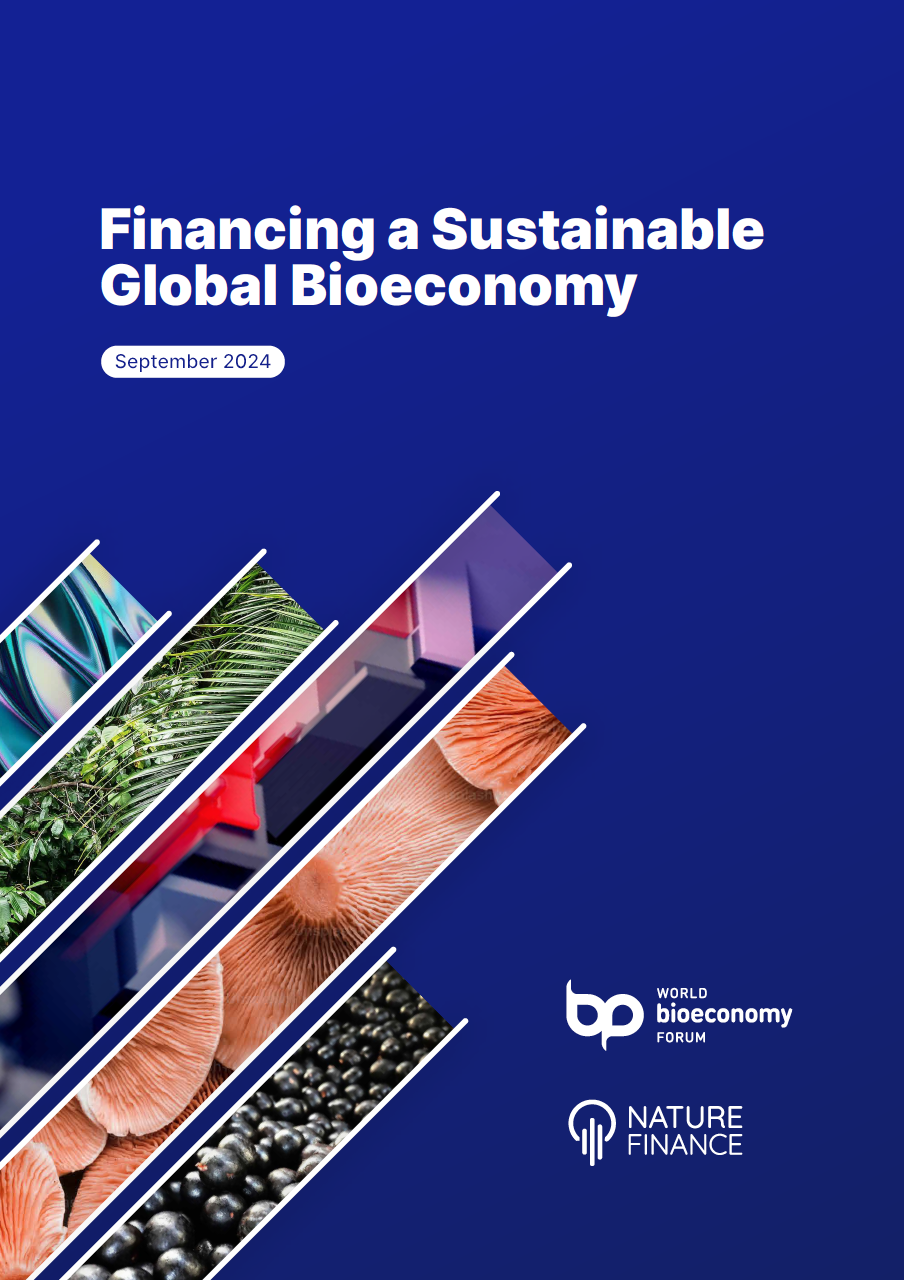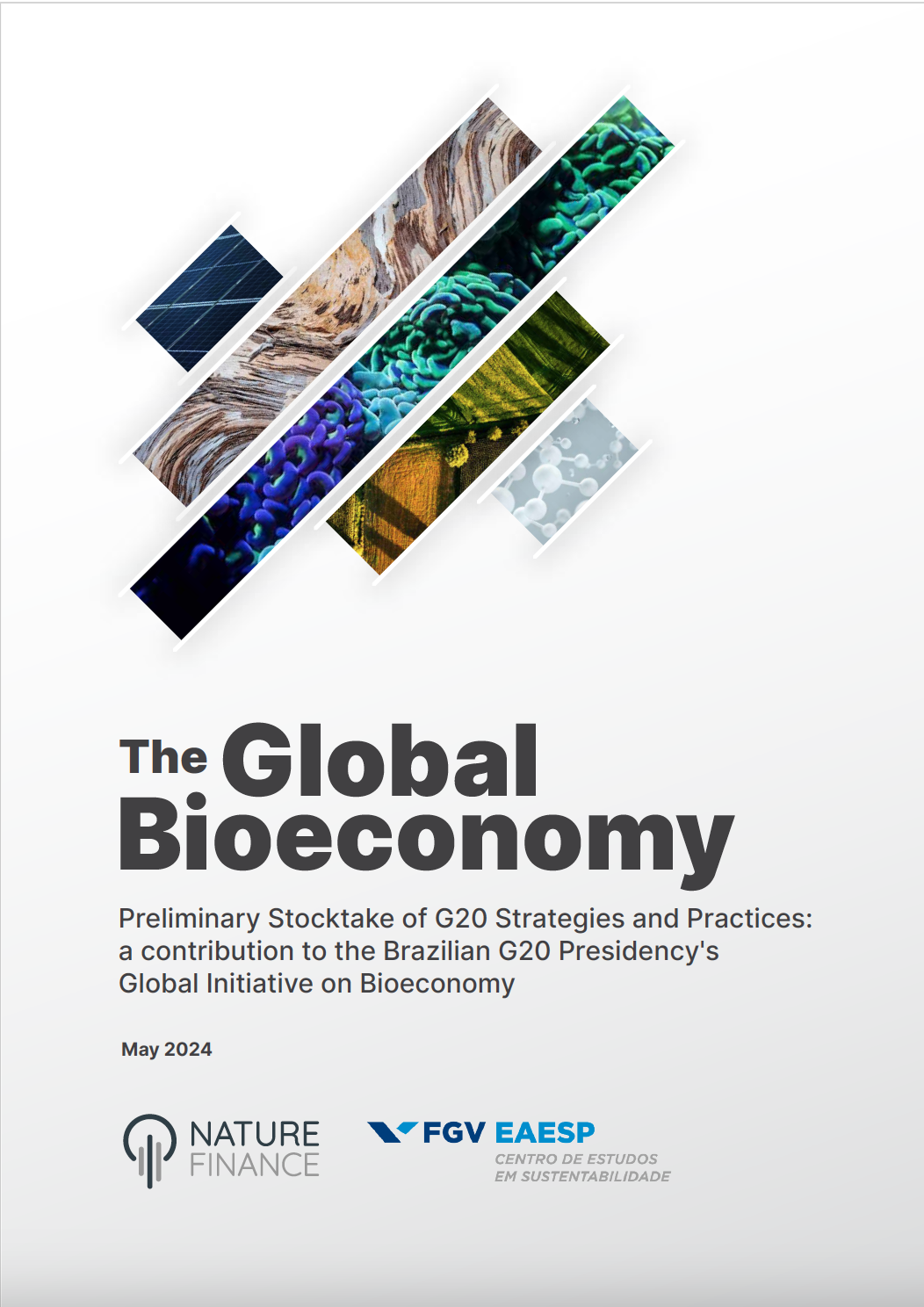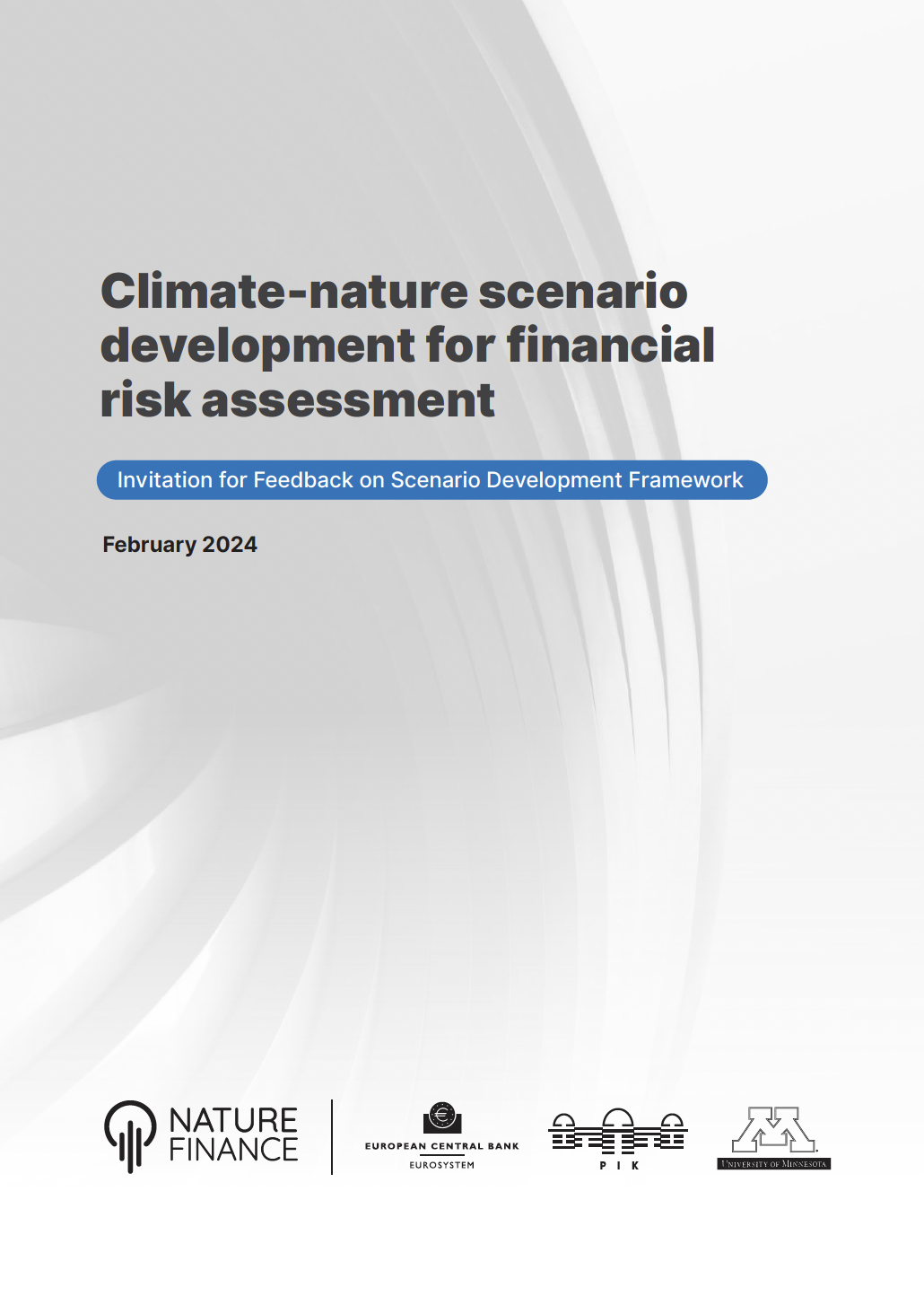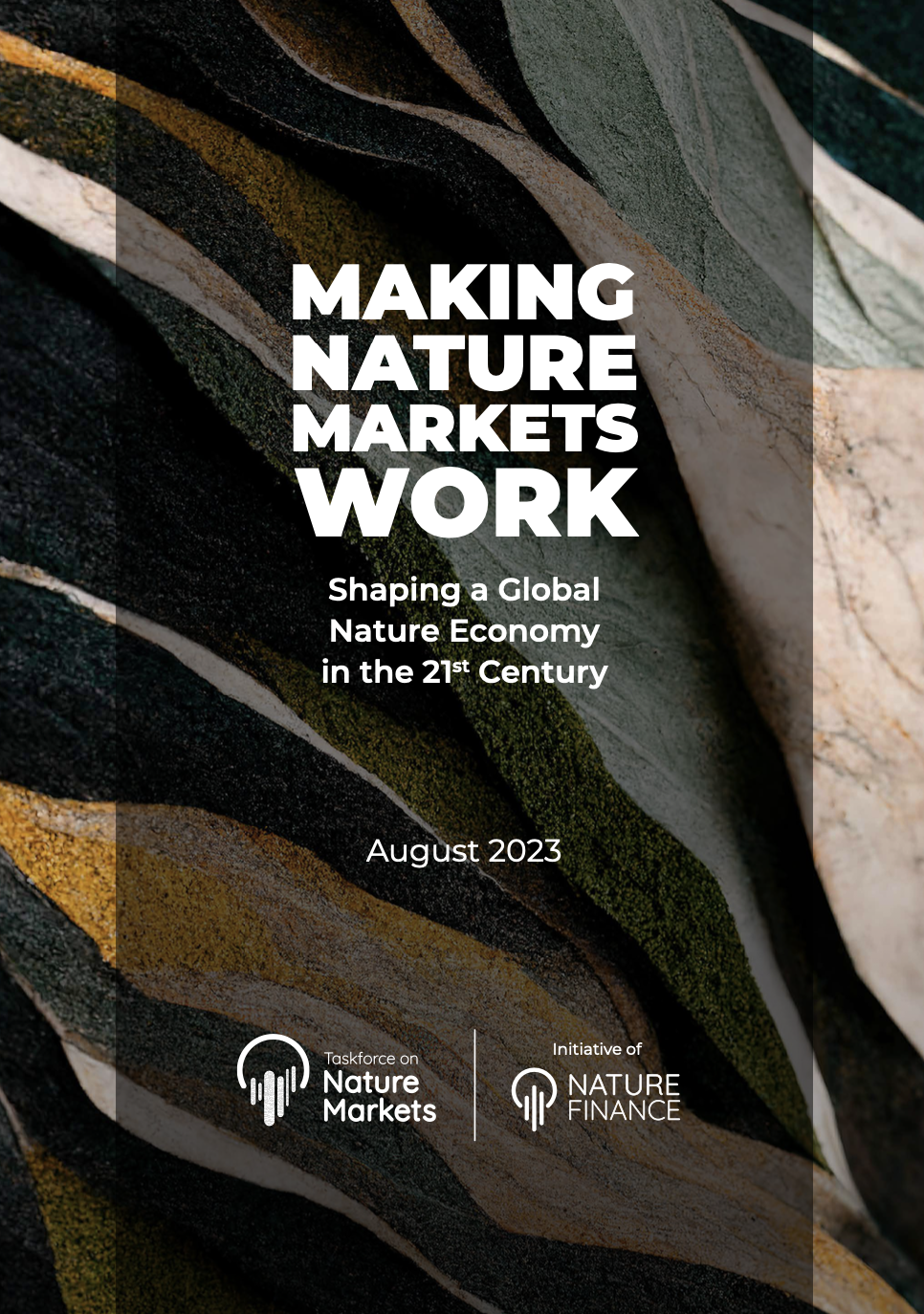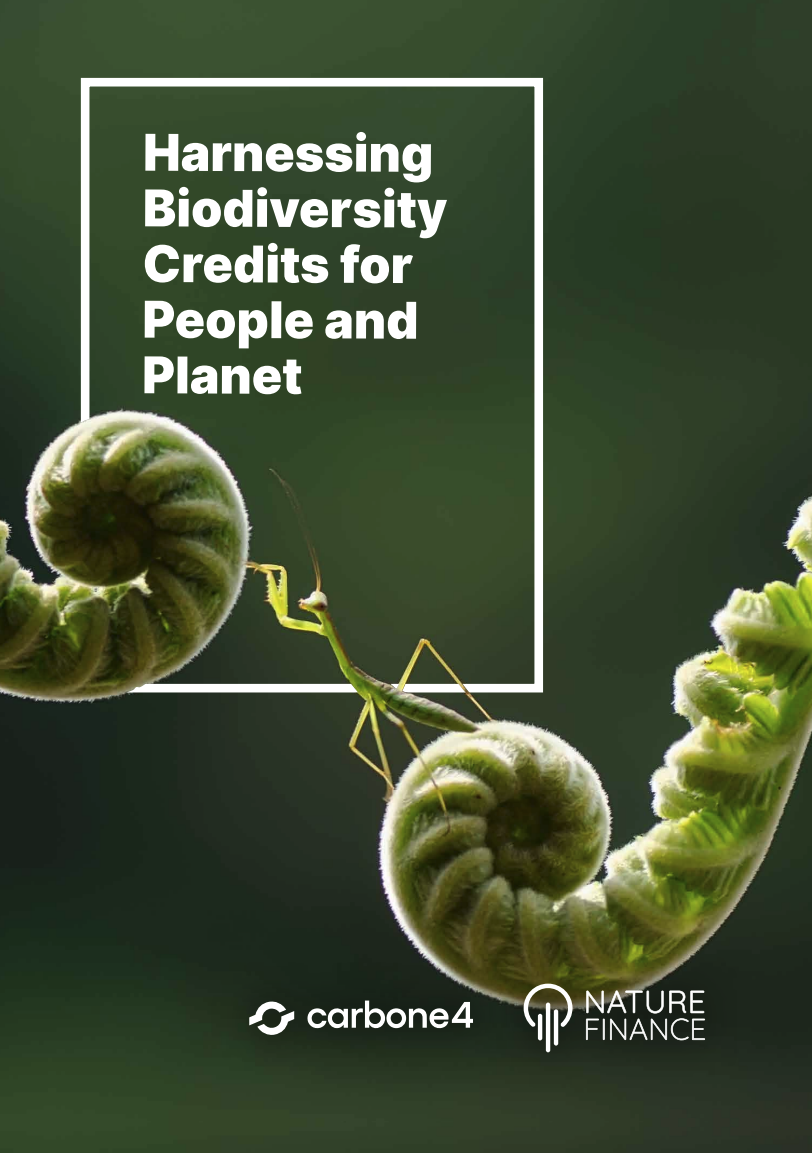This Taskforce on Nature Markets paper in collaboration with Knowledge Partner, TRAFFIC, looks at wild species governance and trade. It identifies key points for intervention, governance design, and framework considerations for nature markets more universally. Drawing from lessons learned, the paper extrapolates market interventions that could promote nature positive and equitable outcomes across a variety of other nature markets.
Download the Executive Summary in Portuguese
About the paper
Illegal and unsustainable nature markets involving wild species have detrimental impacts on biodiversity and can have severe consequences for the livelihood of indigenous peoples (IPs) and local communities (LCs). These illegal nature markets disrupt ecosystems and food chains, fuel organised crime and corruption, and increase the risk of ’zoonotic spillover’ – diseases spreading between wild species and humans.
Given the crucial role the financial sector plays in enabling and facilitating nature markets, this paper explores their role in addressing illegal and unsustainable nature markets. As effective governance requires a multifaceted strategy, the paper also presents 15 building governance blocks. Aspects covered include laws, cooperation, indigenous peoples’ and local communities’ rights, traceability, corruption, and multistakeholder engagement. This paper also draws on a range of case studies from around and across the world to demonstrate the importance of this holistic and responsive approach to governance.
Key Themes
- Illegal and legal nature markets and specifically the trade in wild species;
- Ecosystem services and the intersections between IPLC livelihoods and conservation outcomes;
- Reliable data, accurate information, and increased transparency to inform better policy and governance;
- Importance of traceability, verification, and integrity principles in wild species trade and nature markets;
- The finance sector’s role in mitigating risks related to biodiversity loss and climate change.
Highlights
- Evidence of illegal nature markets, which involves the participation of nearly every country in the world, is exacerbated by inadequate governance, ranges from illicit methods for smuggling and transportation of nature-based products, including protected species for sale in markets.
- The annual value of international trade in legally considered wild specifies amounts to billions of dollars, with average global annual value of USD220 billion and has increased by 500% since 2005 (IPBES, 2019).
- Trade in illegal wild species is estimated at USD144.5 billion – reaching up to USD1.5 trillion when considering the value of commodities and the calculated impacts to ecosystem services.
- “Ecosystem services and other non-marketed goods are estimated to make up between 50% and 90% of the total source of livelihoods among poor rural and forest-dwelling households – the so-called ‘GDP of the poor.’”i (CBD, 2023) When managed sustainably, legal wild species trade can incentivise habitat and species conservation, while also providing benefits to IPLCs and others in the supply chain. On the other hand, when managed and harvested at unsustainable levels, it can severely impact ecosystems and wildlife, livelihoods and economic development.
- These social and ecological contextual complexities are illustrated in a number of examples in the paper including that of the crocodile skin market in the Northern Territories of Australia and the scalability of SharkTrace.
- This paper emphasizes the importance of reliable data, accurate information, and increased transparency to inform better policy and governance, including that of traceability, verification, and integrity principles in wild species trade and nature markets. The Elephant Trade and Information System (ETIS) case study demonstrates how this access to data provides decision-makers with evidence-based data to achieve on-the-ground policy and conservation outcomes at national and international levels.
Download the Executive Summary in Portuguese
Contact and more information
For more information contact Monique Atouguia: monique.atouguia@naturefinance.net
For media and communications enquiries contact Ceandra Faria: ceandra.faria@naturefinance.net
